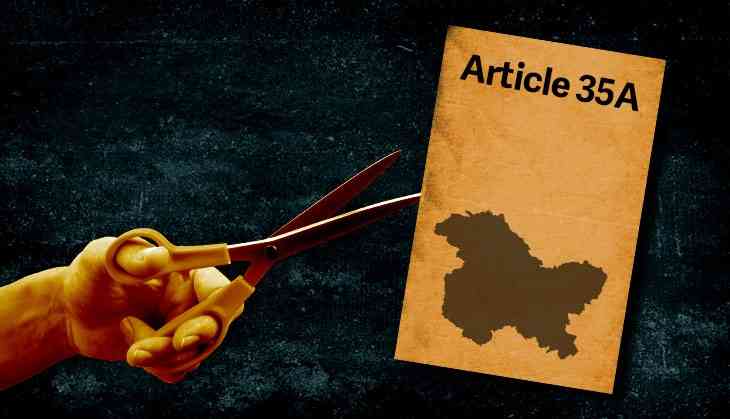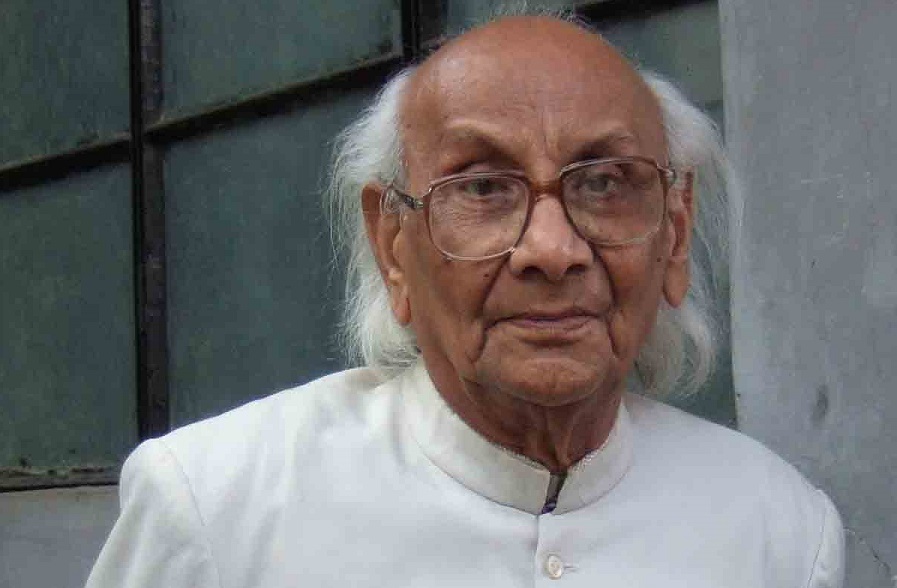
Article 35A in Indian Constitution holds a very important place. It provides a provision that gives the legislature of Jammu and Kashmir to decide who is permanent resident of the state, and who can avail government jobs and other facilities. It prohibits any outsider to purchase a property in Jammu and Kashmir if he is not a permanent resident.
What is Article 35A in Jammu and Kashmir?
Jammu and Kashmir had always considered its residents as “State subjects” instead of “British colonial”. It might be due to the reason that the Maharaja of Jammu and Kashmir did not want the british people to aquire land and property in the state. He wanted the permanent residents only to reside in the state. Maharaja enacted the law of legal recogition of the status of the residents between 1912 and 1932.
Moreover, the Hereditary State Subject Order in 1927 also made a provision to the permanent state subjects to apply for government jobs and granted to the state subjects the right to government office. These provisions were restricted for non-residents of the state.
In 26 October, 1954 the Article 35A came was incorporated into the Indian Constitution. It was brought into power by then president Rajendra Prasad. He made the law on the adivce of Prime Minister after the speech he made in Lok Sabha.
Pt. Nehru made the following speech in Loksabha on state laws in Jammu Kashmir(Reference from Wikipedia).
“The question of citizenship arose obviously. Full citizenship applies there. But our friends from Kashmir were very apprehensive about one or two matters. For a long time past, in the Maharaja’s time, there had been laws there preventing any outsider, that is, any person from outside Kashmir, from acquiring or holding land in Kashmir. If I mention it, in the old days the Maharaja was very much afraid of a large number of Englishmen coming and settling down there, because the climate is delectable, and acquiring property. So although most of their rights were taken away from the Maharaja under the British rule, the Maharaja stuck to this that nobody from outside should acquire land there. And that continues. So the present Government of Kashmir is very anxious to preserve that right because they are afraid, and I think rightly afraid, that Kashmir would be overrun by people whose sole qualification might be the possession of too much money and nothing else, who might buy up, and get the delectable places. Now they want to vary the old Maharaja’s laws to liberalise it, but nevertheless to have checks on the acquisition of lands by persons from outside. However, we agree that this should be cleared up. The old state’s subjects definition gave certain privileges regarding this acquisition of land, the services, and other minor things, I think, State scholarships and the rest.
So, we agreed and noted this down: ‘The State legislature shall have power to define and regulate the rights and privileges of the permanent residents of the State, more especially in regard to the acquisition of immovable property, appointments to services and like matters. Till then the existing State law should apply.'”
People have often misconception regarding the article in lack of full knowledge. They think it snatches the rights from the women of the state who marry out of the state. But as per the landmark judgement in October 2002, women who marry to non-permanent residents need not to worry. The Jammu and Kashmir court said that neither those women and nor their children would be deprived of their succession rights.




